The Crisis of Campus Governance: Are University Administrations Failing Their Students?

Sana Faiz
Published
Universities, as breeding grounds for critical thinking and educational achievement, should be the spaces where students engage and grow with diverse ideas, challenge authority, and work up their role in shaping society. However, the recent incidents at Jamia Millia Islamia (JMI) and Kalinga Institute of Industrial Technology (KIIT) in Odisha expose the grim reality of university administrations that treat their students as adversaries rather than nurturing them as future leaders.
The flaw lies in how these institutions discern student activism not as a sign of an engaged and aware student body but as a threat to institutional authority. This perspective exhibits a brutal repressive tendency against students who dare to question administrative verdicts, participate in protests, or demand their basic rights.
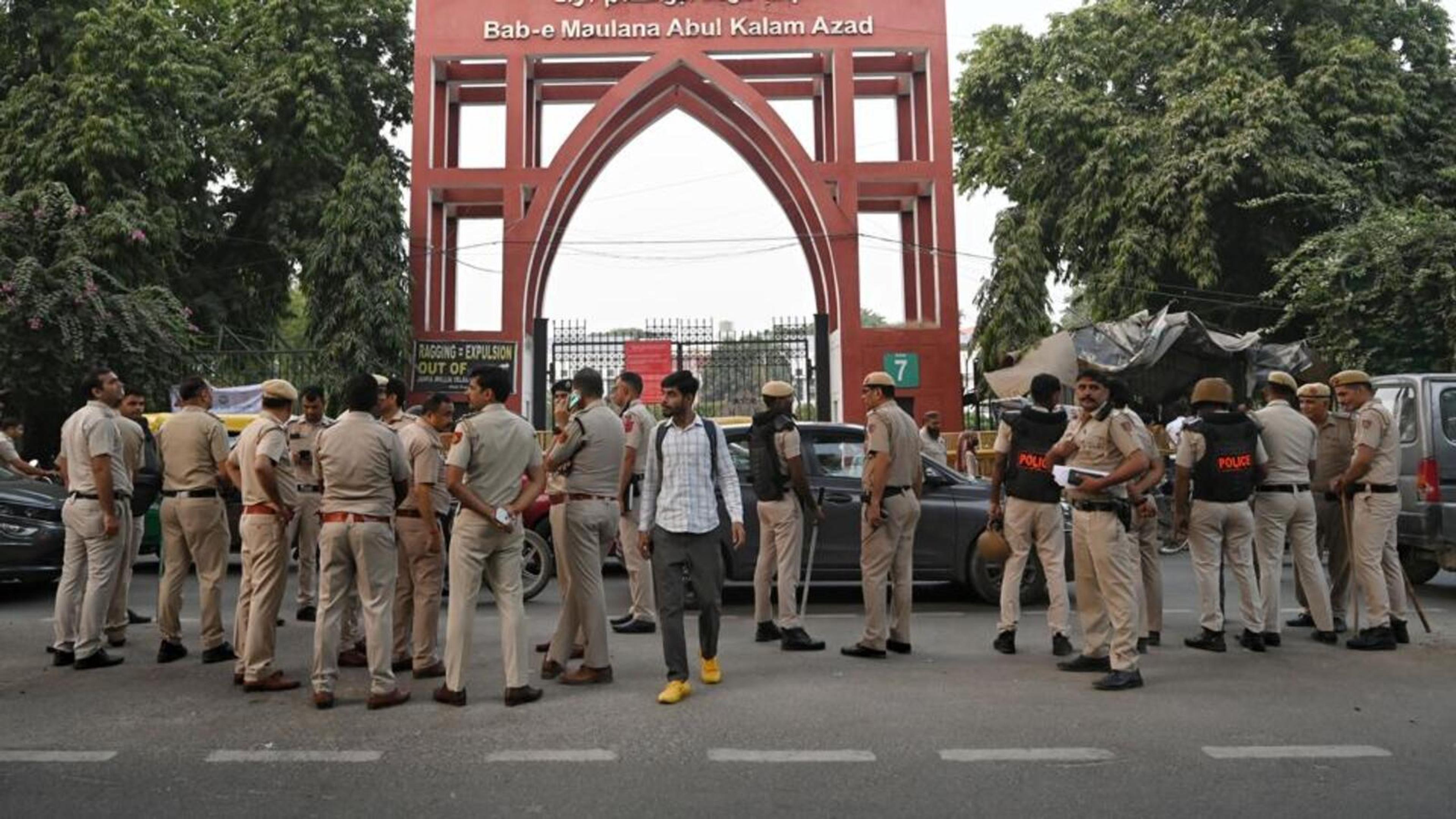
The Shrinking Space for Dissent
Dissent is important in student politics and has driven many movements that have changed nations. However, today’s university administrations see protests as disruptive. At JMI, protesting students were forcibly removed, detained without legal procedures, and suspended without due process. At KIIT, students seeking answers after the tragic death of a Nepalese student faced intimidation and threats. Instead of creating dialogue, university leaders used force, manhandled students and made them vacate campus which created distrust between students and authorities. A decision which was immediately reversed due to apparent political pressure from the Nepalese government.
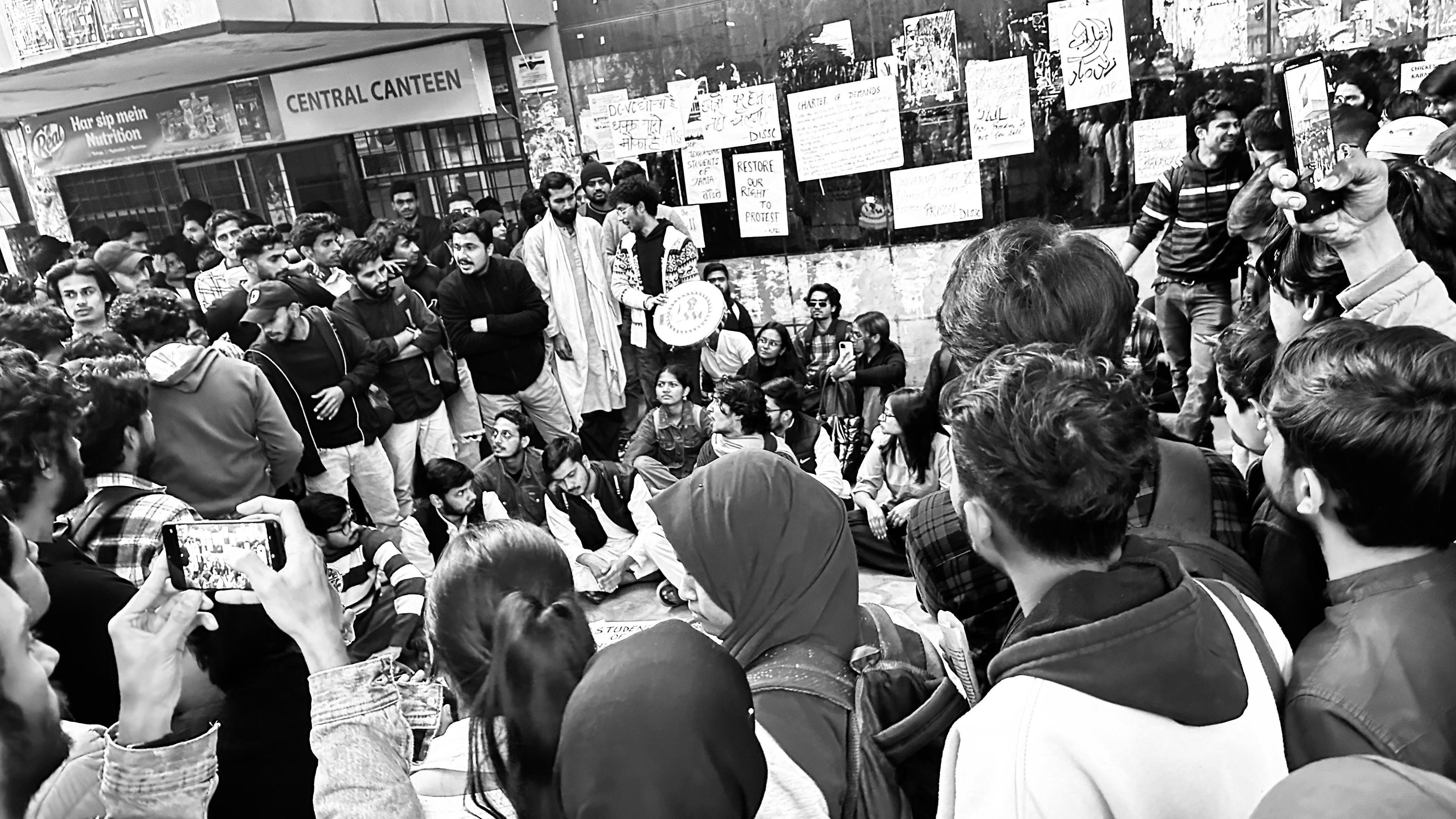
Moreover, a fair disciplinary system is essential for any school. At JMI and KIIT, disciplinary actions feel more like punishment for dissenters than any real ways to maintain order. Students at JMI were suspended indefinitely without a clear time frame, and those at KIIT who wanted justice faced harassment. These actions send a strong message: Conform or face serious consequences.
Administration’s Failure to Provide a Conducive Learning Environment
The role of a university administration should be to facilitate learning, encourage debate, and ensure student well-being. Yet, in both cases, the opposite has happened. At JMI, students had their electricity and washroom access cut off during protests, depriving them of basic human needs. At KIIT, the administrative moves have raised serious concerns regarding the racial discrimination and intimidation that students were facing even before the tragic incident and the systematic targeting of the Nepalese student community.
These instances highlight a complete disregard for student welfare. Universities should foster an environment where students feel heard, supported, and safe, not one where they are constantly walking on eggshells. The presence of police on university campuses should ideally be a last resort used only in cases of extreme violence or danger. Yet, at JMI, law enforcement was already inside the campus, waiting to detain students before any serious disruption occurred.
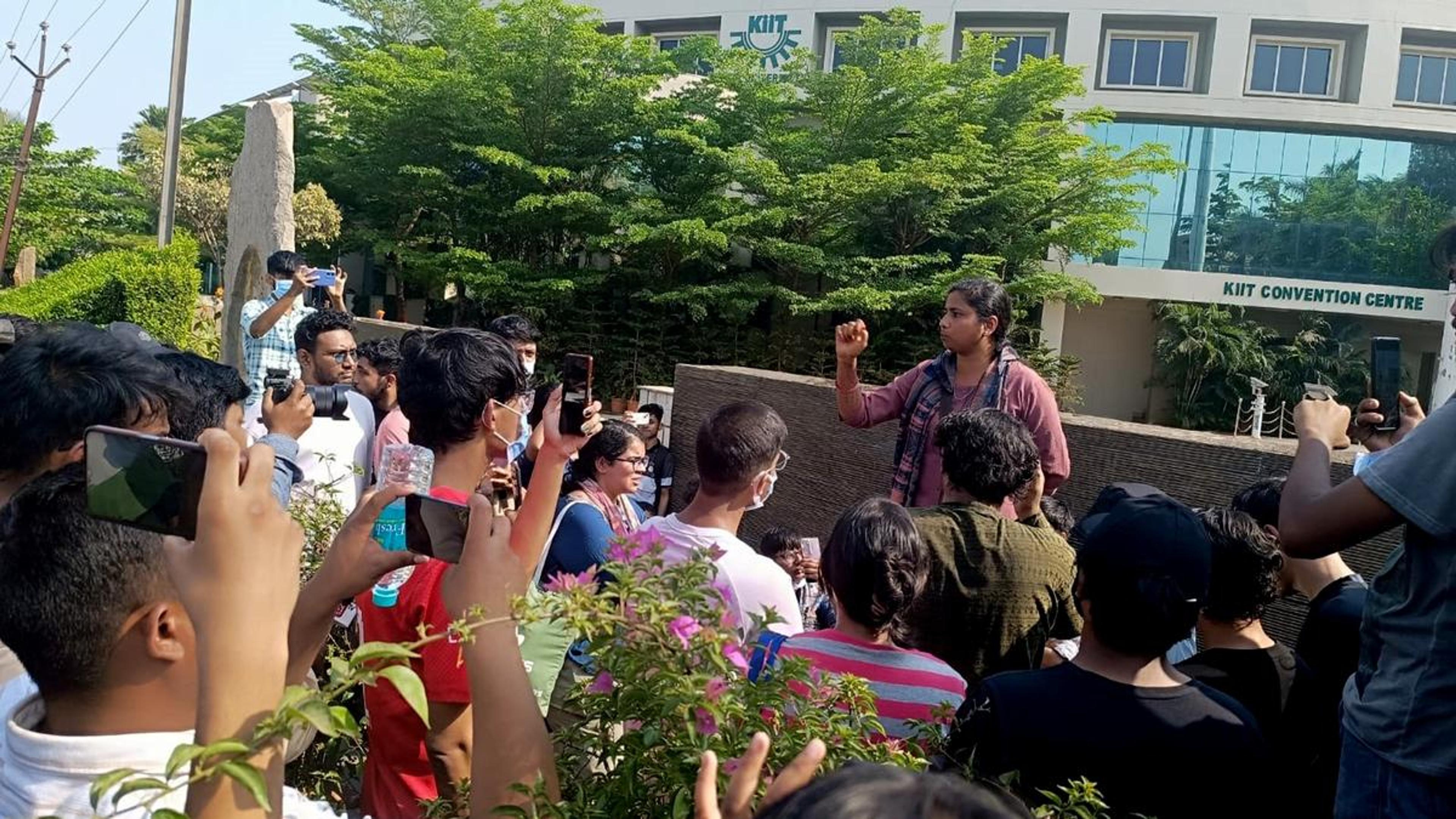
Students were held for nearly 12 hours without access to legal counsel, some were physically harassed, and there were even reports of Islamophobic slurs used against detainees. Meanwhile, KIIT’s handling of protests also involved external intervention rather than internal conflict resolution. The fact that university administrations are outsourcing disciplinary action to law enforcement agencies instead of addressing injustices through academic channels is deeply problematic. It reflects a shift from treating students as stakeholders in the education system to treating them as criminal suspects.
A university should function as a democratic space where students have the right to question policies, express concerns, and be part of decision-making processes. However, both JMI and KIIT have demonstrated a deliberate avoidance of dialogue. JMI’s Vice-Chancellor refused to engage with students, leaving their demands unanswered. KIIT’s administration similarly evaded accountability in the face of student outrage.
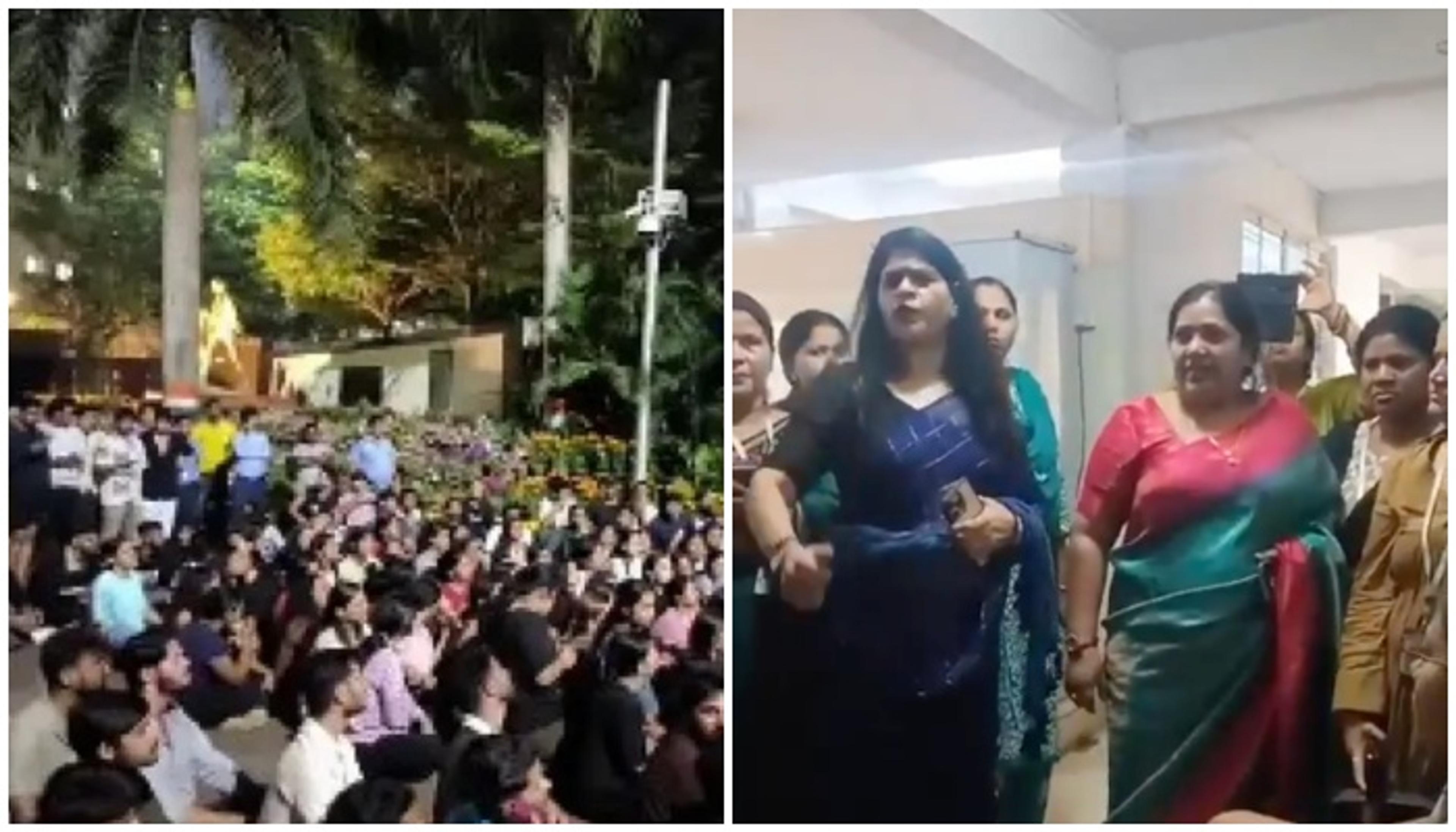
When university leadership refuses to communicate and engage, it only reinforces the perception that their goal is to control and not cooperate. Universities are not corporations, and students are not employees who need to comply with every order. They are the very reason these institutions exist. An institute like Jamia that grew out of a movement and a struggle for educating the disadvantaged and minorities suppresses dialogue, punishes dissent, and fails to ensure basic rights is failing at its core mission.
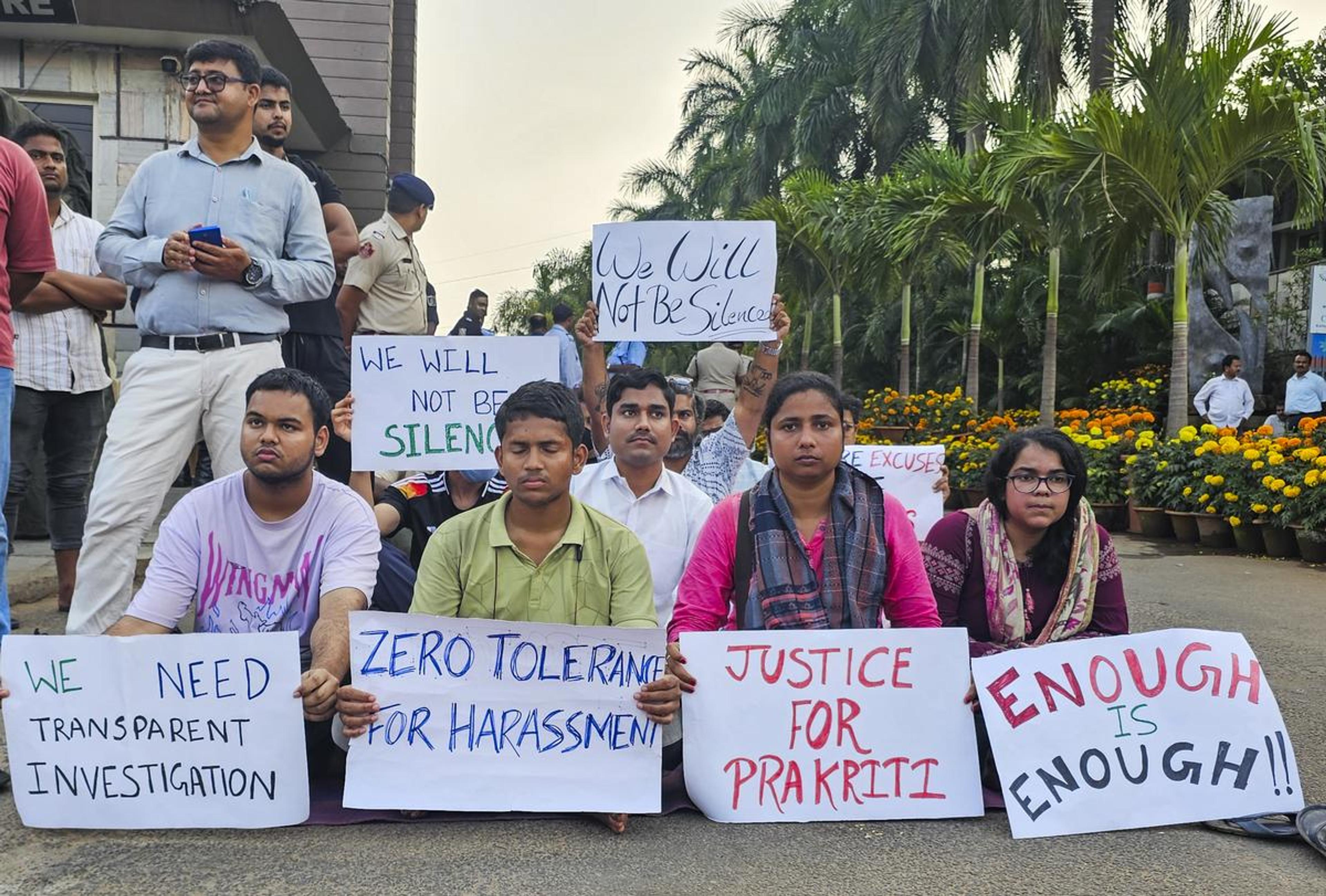
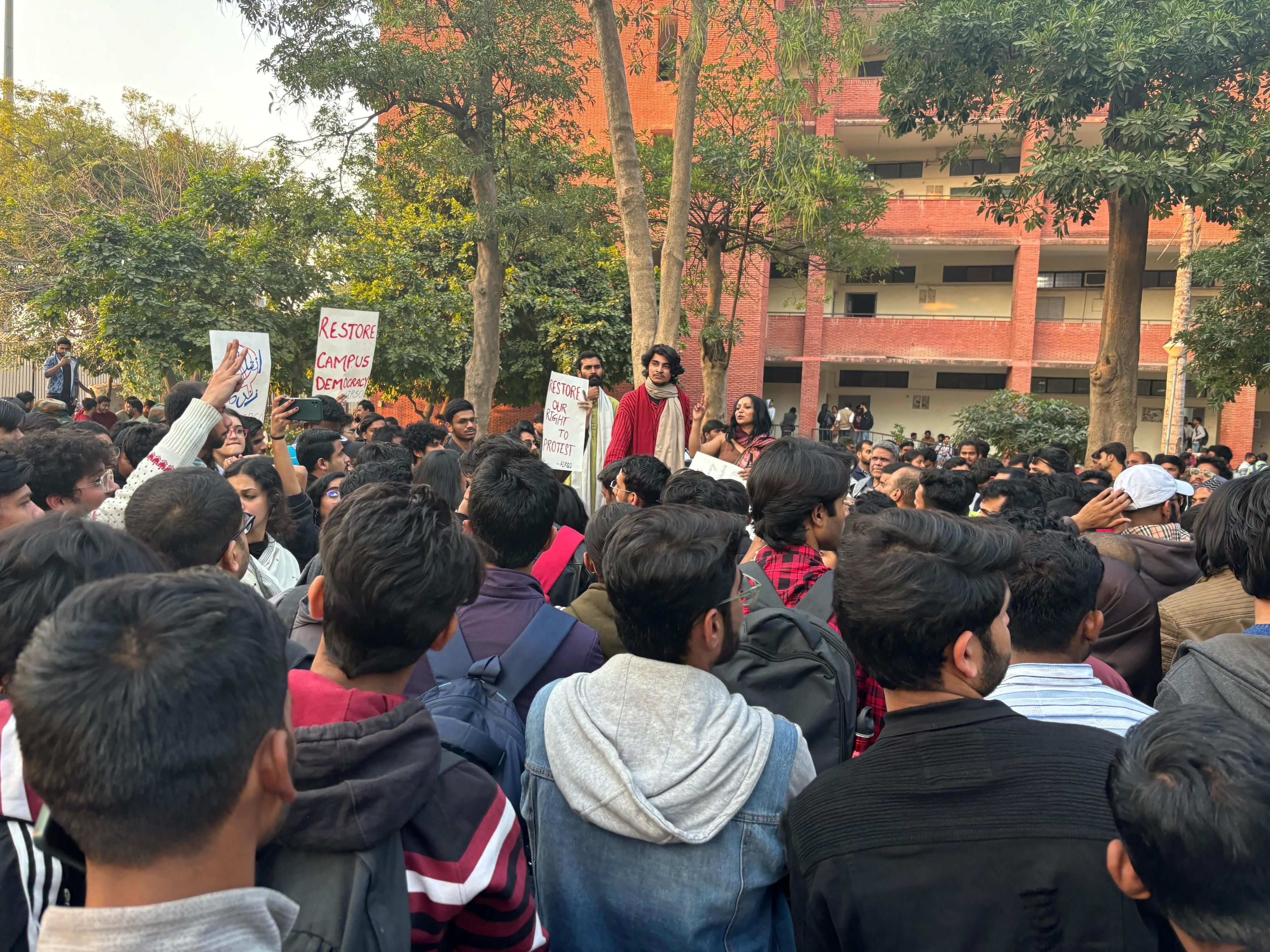
Rather than criminalising student activism, administrations should see it as a sign of a vibrant, engaged, and intellectually curious student body. Instead of getting afraid of protests, they should create open passages for dialogue. Instead of resorting to the police taking action, they should build stronger internal mechanisms for conflict resolution. If these universities persist in treating students as contenders rather than allies in shaping the future, they endanger the greatness of these prestigious institutions, the youth’s ability for critical discourse, and their fearless pursuit of truth in the largest democracy of the world.
Sana Faiz is a student pursuing Bachelor’s in English literature at Jamia Millia Islamia.
Edited by- Nausheen Ali Nizami
Disclaimer: The opinions expressed in this publication are those of the author. They do not purport to reflect the opinions or views of The Jamia Review or its members.






